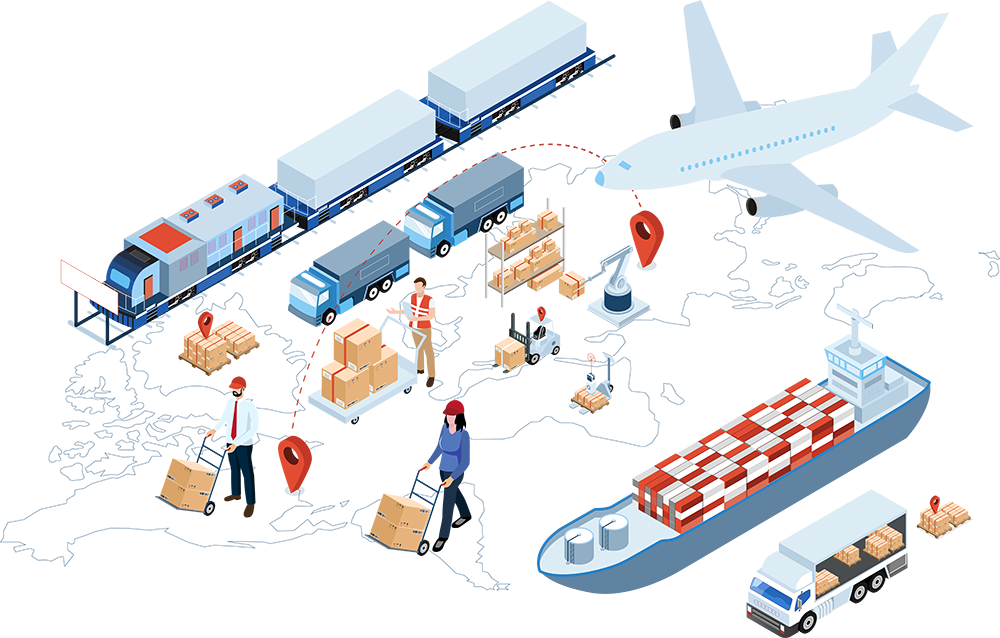State of Supply Chain Gap Analysis Report: Survey of Stakeholder Needs for Achieving Supply Chain Resiliency


Recent international conflicts, natural disasters, and COVID-19 have exposed fragility in our nation’s supply chain. In conjunction with growing demand, disjointed logistics, worker shortages, and congested roads and ports, these factors threaten our environment, economic prosperity, equity, human health, and national security. A bold, comprehensive program is needed to improve weak links in the supply chain to move goods across all delivery points—whether rural or urban, near or far from a port or highway, easy or difficult to navigate, or in prosperous or economically challenged areas. To create a program that enables robust decision making and increased visibility between supply chain actors, a critical first step is to understand the needs and challenges, suggested solutions, and barriers to the implementation of those solutions.
The gap analysis research provided a formal process by which to:
- Create a framework for present-day supply chain issues
- Identify the relationship of supply chain stakeholder needs to each other and the movement of goods
- Discover stakeholder perceptions of gaps in research, infrastructure, capabilities, and policies to enable supply chain transportation innovation and resiliency
In order to understand what gaps exists, what gaps are left to fill, and what approaches are needed to establish a more resilient and secure supply chain, the gap analysis research:
- Examined academic literature, current events, market projections, federal investments, and stakeholder feedback to determine what gaps exist and identify trends in proposed technological solutions
- Performed stakeholder interviews using a socio-technical systems (STS) theory framework that considers how the introduction of technology affects multiple subsystems
- Conducted stakeholder focus groups to further expand and validated findings on challenges, solutions, and present-day barriers to implementation to these solutions
This gap analysis report was performed by Virginia Tech Transportation Institute researchers who are members of the Dock to Door (D2D) Coalition. The D2D Coalition is a Virginia Tech-led partnership initiative of 85+ member organizations, and growing, who have come together to address today’s most pressing supply chain challenges. Many of the member organizations participated in the research process through interviews and focus groups via their organizational representative to share their firsthand experiences with supply chain efforts. This gap analysis provides the background for a variety of sources and frameworks that can inform solutions to today’s supply chain challenges both for the D2D Coalition and for entities at a national scale.